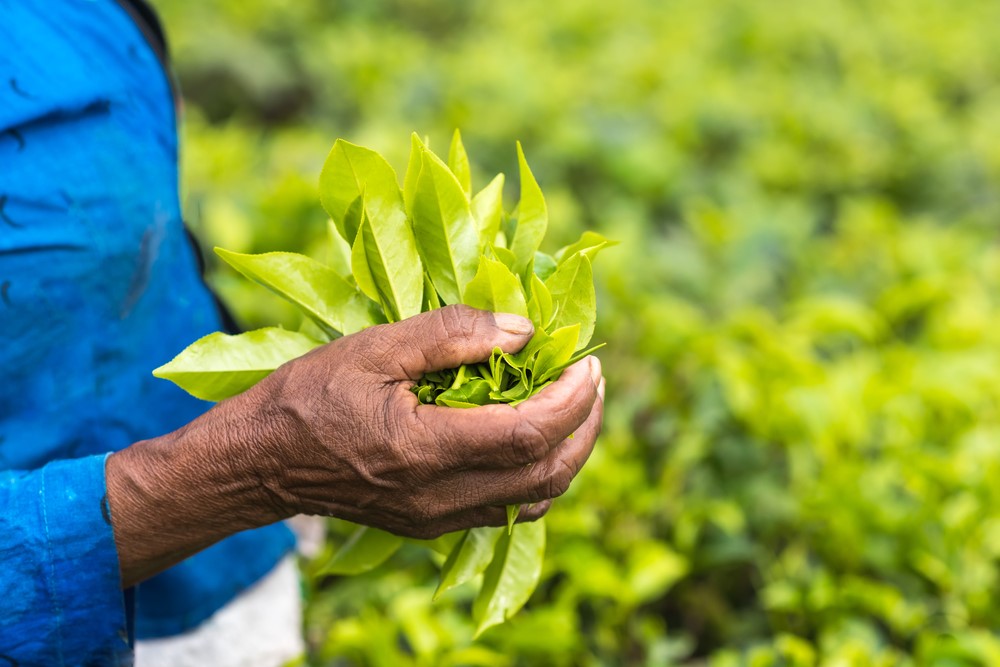Peasant farmers have lamented the austere economic conditions brought about by the International Monetary Fund’s (IMF) bailout.
Speaking on their behalf, Executive Secretary of the Peasant Farmers Association of Ghana (PFAG), Dr. Charles Nyaba, said that “We were expecting to see radical measures that will ensure that the planting for food and jobs policy delivers on its mandate, but that hasn’t happened. Instead, as part of IMF conditions, the government took off tax waivers when you were bringing farm mechanization products; tax waivers on fertilizer, imported seeds, agrochemicals, and veterinary medicines. All these waivers have been taken out’’.
He fumed that these decisions, taken without consultation and consideration of their potential negative impacts on food production and security, have worsened the plight of the smallholder farmer. He also said food prices, which continue to drive inflation up, will keep rising unless something is done to lower the cost of farm inputs.
Dr. Nyaba spoke on the sidelines of a strategic workshop on the progress of the biennial review (BR) and the role of non-state actors (NSAs) in Accra and added that the country’s arrangement with the Bretton Woods institution is damaging farmers’ welfare.
Parliament last year approved a series of financial bills, encompassing the Excise Duty Amendment Bill 2022, the Growth and Sustainability Levy Bill 2022, the Ghana Revenue Authority Bill 2022, and the Income Tax Amendment Bill 2022.
These legislative actions constituted a part of the government’s endeavor to enhance the mobilisation of domestic revenue, aiming to generate an approximate annual sum of GH¢4 billion. Moreover, these measures played a crucial role in supporting the government’s objective of securing Board Approval for the US$3 billion International Monetary Fund (IMF) Programme staff-level agreement.


Comments are closed.